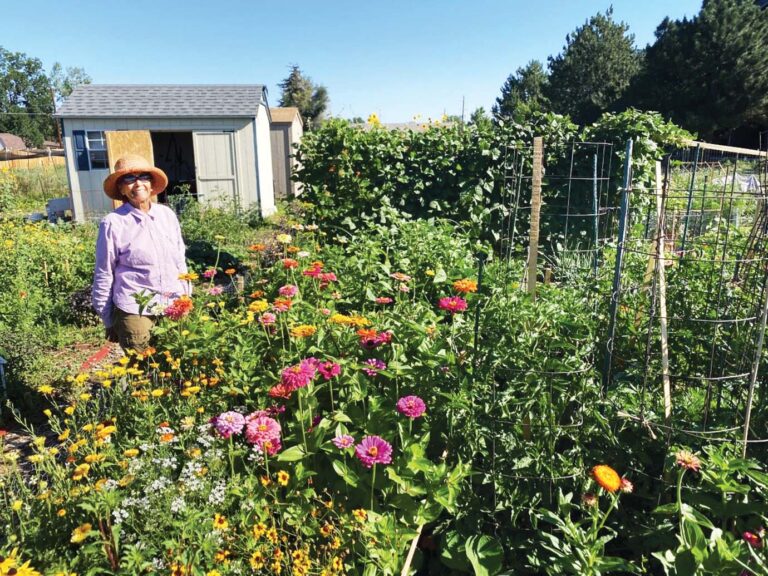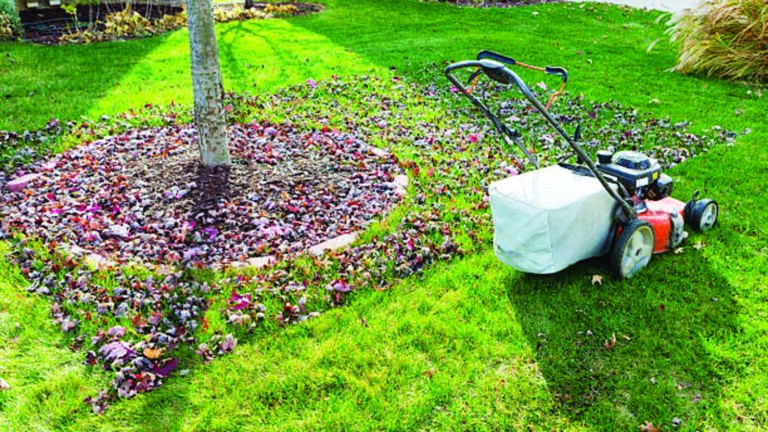In an era of increasing environmental awareness, many households are eager to adopt sustainable practices. However, the misconception that going green requires significant financial investment often deters people from taking action. The good news is that sustainability can be achieved without spending a dime. Here’s how the average household can embrace eco-friendly living on a zero-budget approach.
One of the most effective ways to practice sustainability at home is by reusing and repurposing items you already own. Before making any new purchases, take a look around your home and consider how existing items can be given new life. That old t-shirt could become a cleaning rag, while empty jars can be repurposed for storage. By getting creative with what you have, you can significantly reduce waste and avoid unnecessary consumption.
Another cost-free approach to sustainable living is joining local “Buy Nothing” groups. These community-based initiatives allow members to give away unwanted items and acquire things they need for free. Not only does this practice reduce waste and conserve resources, but it also fosters a sense of community and sharing.
In the realm of household cleaning, vinegar infused with citrus peels can serve as an effective and eco-friendly alternative to commercial cleaning products. This simple DIY solution not only saves money but also reduces the use of harsh chemicals that can harm the environment.
For those with outdoor space, starting a backyard garden is an excellent way to practice sustainability. Growing your own food eliminates the need for commercially-grown produce, which often involves pesticides and long-distance transportation. Even small-scale gardening can make a significant impact on reducing your carbon footprint.
Water conservation is another crucial aspect of sustainable living that doesn’t require any financial investment. Simple habits like turning off the tap while brushing teeth, fixing leaky faucets, and collecting rainwater for plants can significantly reduce water consumption.
Energy conservation is equally important and can be achieved through simple actions. Turning off lights and electronics when not in use not only reduces electricity bills but also extends the life of your appliances, resulting in less waste over time.
Decluttering and donating unused items is another free way to practice sustainability. By giving away clothes and household items you no longer need, you’re extending their useful life and reducing demand for new products, which in turn reduces the strain on natural resources.
When it comes to clothing, opting for secondhand items is both budget-friendly and sustainable. Thrift stores and online platforms offer a wide range of pre-loved clothing, reducing the demand for new garments and keeping perfectly good items out of landfills. It’s worth noting that the average clothing item is worn only seven times before being discarded, highlighting the potential impact of embracing secondhand fashion.
In terms of food consumption, adopting a more local and seasonal diet can significantly reduce your environmental impact without increasing costs. Purchasing from local farmers not only supports the local economy but also reduces carbon emissions associated with long-distance food transport. Seasonal produce is often fresher, more nutritious, and doesn’t require energy-intensive greenhouse production or extensive irrigation. Farmers’ markets and community-supported agriculture (CSA) programs are excellent resources for accessing local, seasonal food while fostering community connections.
By implementing these no-cost sustainable practices, households can significantly reduce their environmental impact while potentially saving money in the long run. The key is to start small, be consistent, and remember that every action, no matter how minor it may seem, contributes to a more sustainable future. As more people adopt these practices, the collective impact on our planet can be substantial, proving that sustainability is not just for those with deep pockets, but for everyone willing to make mindful choices in their daily lives.






